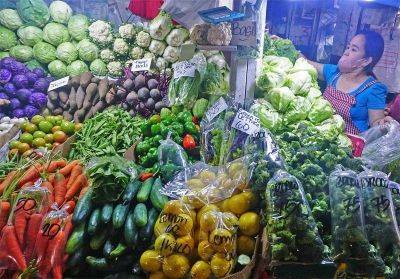Why should average Filipinos care about CBDCs?
Cash has long been the cornerstone of Filipino financial transactions, but a digital wind is blowing and it carries with it the promise and peril of Central Bank Digital Currencies (CBDCs).
At a glance, the concept of CBDCs feels straight out of a science fiction novel. Imagine money, but not as we know it – digital, swift and without the inconvenient need for physical wallets. Unlike the cryptocurrency fever that gripped the world, CBDCs come with a government’s seal of approval, providing an added layer of trust.
According to the Atlantic Council data, a total of 131 countries, or 98 percent of the global economy, have already explored, researched, developed, piloted or even launched digital versions of their currency.
The Bangko Sentral ng Pilipinas (BSP) officially began its CBDC pilot at the end of 2022, primarily aimed at enhancing the country’s large-value payment system. Now known as Project Agila, the BSP is ramping up the testing of its wholesale CBDC, which will be issued to commercial banks and other financial institutions to help reduce friction in cross-border money transfers, equity securities payments and intraday liquidity facilities.
For clarity, the drive behind creating wholesale CBDCs centers on improving the efficiency and security of payment systems, especially for international transactions, and on lowering associated costs. On the other hand, the interest in retail CBDCs comes from central banks’ ambition to meet the growing appetite for digital currency or electronic payments and to offer a substitute for privately held crypto assets.
In recent weeks, the BSP has onboarded to the project some of the country’s largest banks, including BDO Unibank, Land Bank of the Philippines and Union Bank of the Philippines, to test the applicability and efficiency of wholesale CBDC technology in a controlled, sandbox environment.
The question for the common Filipino is: Why should you care about CBDCs?
About 34.3 million, or 44 percent of adult Filipinos, remain unbanked based on the data released in 2021. This figure marks a noticeable improvement from the 51.2 million in 2019. While this is a noticeable improvement from the 51.2 million in 2019,






